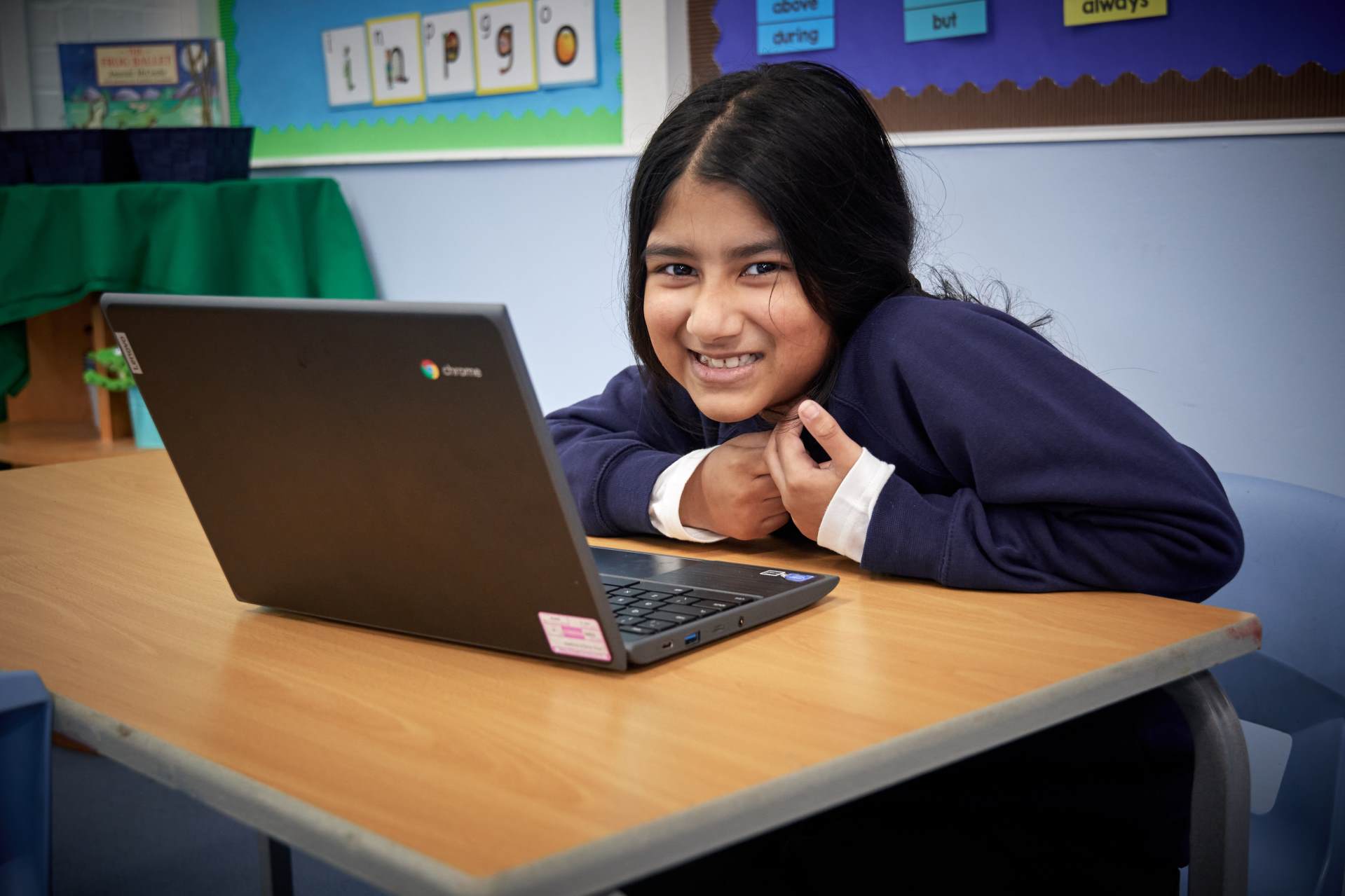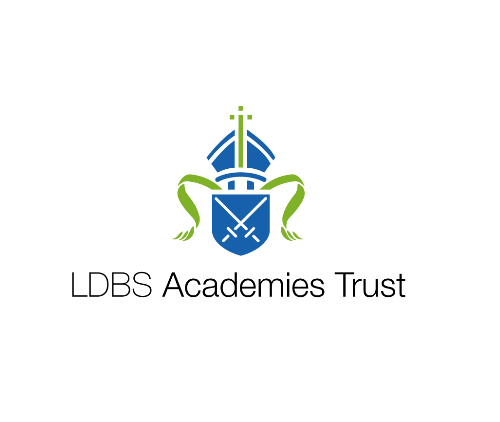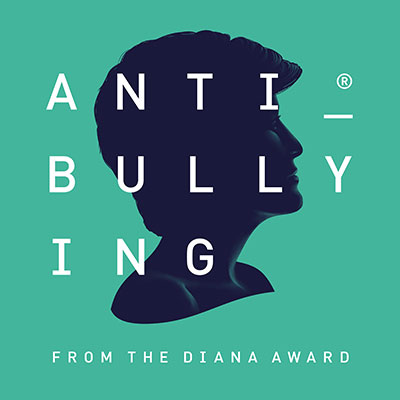Computing
Curriculum Intent
 We want our children to experience a broad and dynamic computing curriculum that works across diverse platforms and exposes pupils to the most current technologies. With online safety at the forefront of our curriculum, pupils are prepared to be technologically aware and computer literate learners in an ever-changing digital, global world.
We want our children to experience a broad and dynamic computing curriculum that works across diverse platforms and exposes pupils to the most current technologies. With online safety at the forefront of our curriculum, pupils are prepared to be technologically aware and computer literate learners in an ever-changing digital, global world.
Curriculum Implementation
Early Years Foundation Stage
In Early Years, teaching is based around computational thinking to encourage problem solving, whether using computers or not. Tools and technology, such as interactive whiteboards, electronic toys, beebots, tablets and Chromebooks, are often available during continuous provision to allow learners to explore their own ideas of computing and technology through play.
Key Stage 1
In KS1, introducing online safety is at the forefront of learning. Pupils learn about safe logins and the use of passwords, as well as how to search the internet safely. They are also made aware of age restrictions online. Through Purple Mash, learners also begin to explore the three strands of Computing: Computer Science, Information Technology and Digital Literacy. Children are introduced to algorithms and learn basic coding. They create simple photo and video content and learn the basic functions of spreadsheets.
Key Stage 2
 In KS2, online safety continues to be at the forefront of learning. Pupils learn the importance of anonymity online; how to create content responsibly; the consequences of online behaviour and about acceptable usage. The computing lessons in KS2 consistently build on prior knowledge and skills as learners move on from creating and debugging simple programs, begin advanced programming and sequencing and develop increasingly sophisticated animations using Scratch. Understanding simple algorithms progresses to explaining and spotting faults in pre-built algorithms. Utilising the accessibility of Google suite on Chromebooks, children also create a range of programs, systems and content that accomplish given goals, including collecting, analysing, evaluating and presenting data and information.
In KS2, online safety continues to be at the forefront of learning. Pupils learn the importance of anonymity online; how to create content responsibly; the consequences of online behaviour and about acceptable usage. The computing lessons in KS2 consistently build on prior knowledge and skills as learners move on from creating and debugging simple programs, begin advanced programming and sequencing and develop increasingly sophisticated animations using Scratch. Understanding simple algorithms progresses to explaining and spotting faults in pre-built algorithms. Utilising the accessibility of Google suite on Chromebooks, children also create a range of programs, systems and content that accomplish given goals, including collecting, analysing, evaluating and presenting data and information.






Social Media